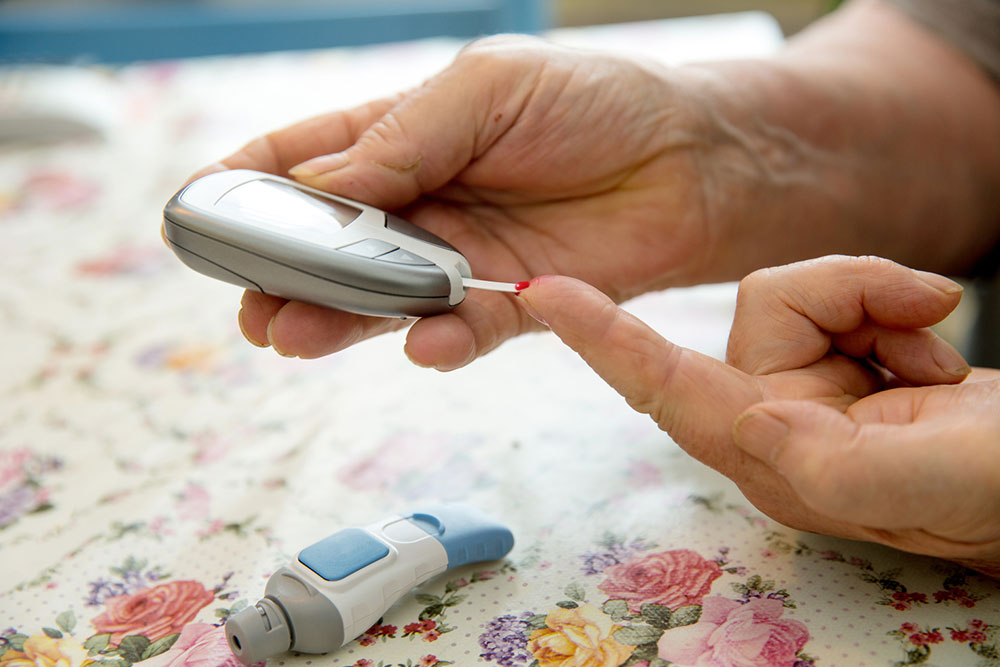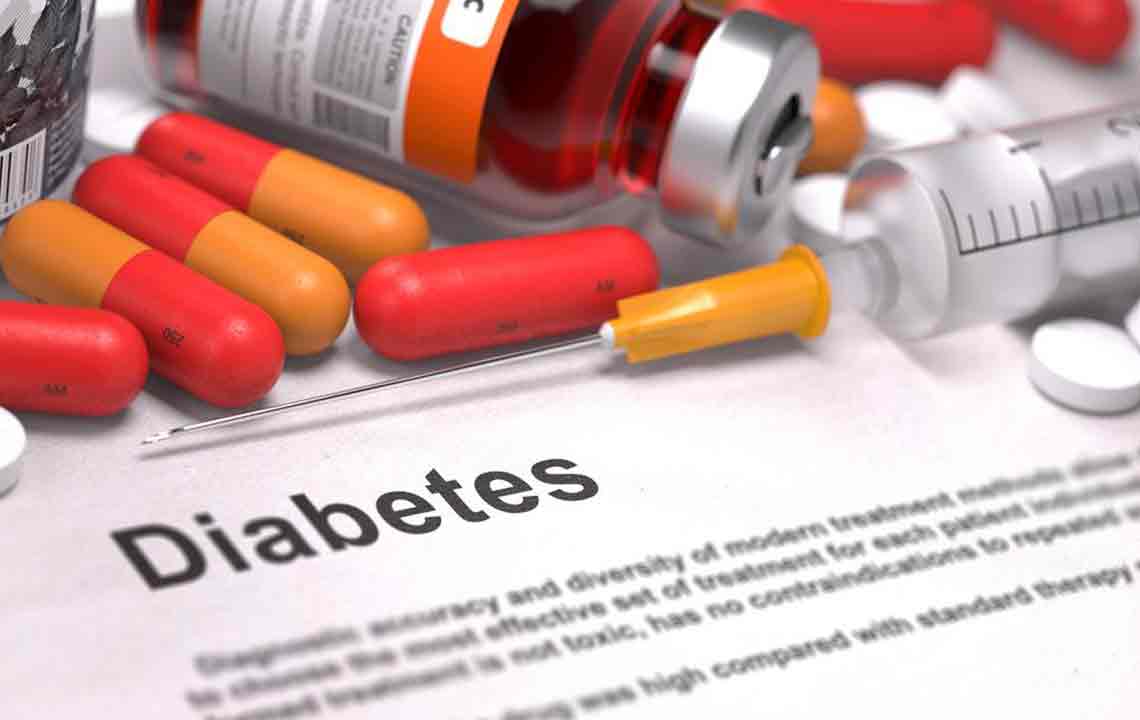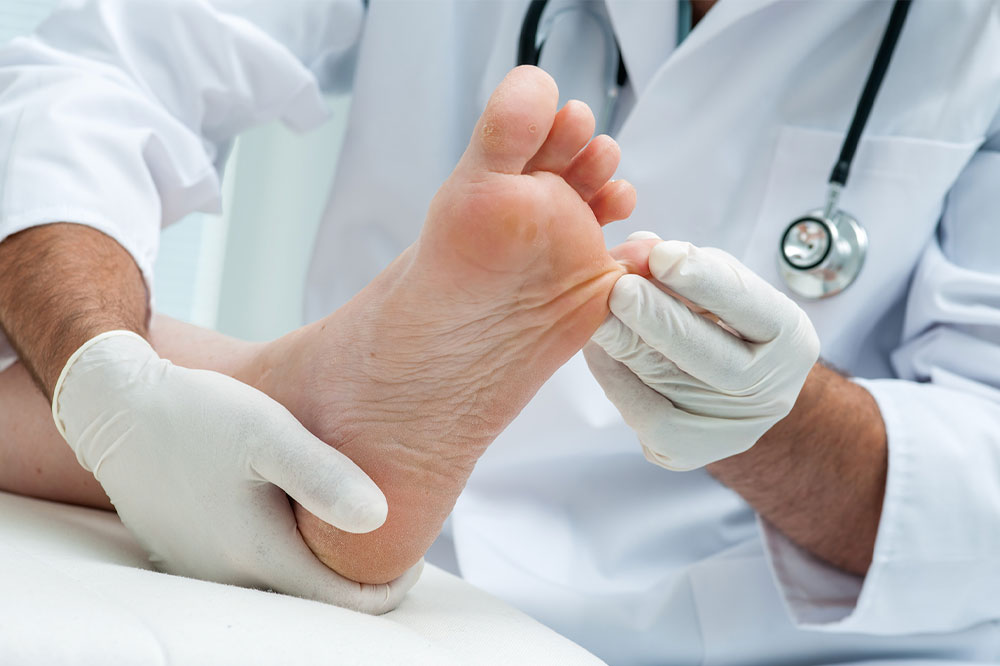Managing and Treating Type 2 Diabetes Effectively
Learn how to effectively diagnose and manage Type 2 diabetes through proper testing, healthy eating, physical activity, and medication. Early detection and lifestyle adjustments can help prevent complications and improve quality of life. This guide provides essential insights for patients to take control of their health journey.

Understanding and Managing Type 2 Diabetes
Type 2 diabetes is a condition that can often be controlled or reversed with proper medical guidance. Predominantly affecting individuals over 45, this disease, if left unmanaged, can lead to severe complications like stroke, vision loss, heart issues, and kidney failure. Symptoms include frequent urination, slow-healing wounds, fatigue, and blurred vision. Through appropriate interventions, individuals can maintain a healthy lifestyle despite the diagnosis.
Diagnosing Type 2 Diabetes
Glycated Hemoglobin (A1C) Test: Measures average blood sugar over recent months. A result of 6.5% or higher indicates diabetes. Results between 5.7% and 6.4% suggest prediabetes, while less than 5.7% is normal. It requires no fasting and involves a simple blood sample sent to lab.
Fasting Blood Sugar Test: Involves fasting overnight before blood collection. A level of 126 mg/dL or above indicates diabetes. 100-125 mg/dL suggests prediabetes; below 100 mg/dL is normal. Stress can influence results.
Random Blood Glucose Test: Can be performed anytime without fasting. A reading of 200 mg/dL or higher, coupled with symptoms, confirms diabetes. It’s useful for quick assessment.
Once diagnosis is confirmed, treatment options are tailored to each individual’s needs.
Managing and Treating Type 2 Diabetes
Healthy Diet: Focus on fruits, vegetables, whole grains, and foods with low glycemic index. High-fiber foods help regulate blood sugar. Consulting a dietitian can help craft a personalized meal plan.
Regular Exercise: Staying active through walking, biking, swimming, or yoga is essential. Exercise helps lower blood sugar levels and improves overall health.
Medications: Some patients may require medication or insulin therapy if diet and exercise aren’t enough. Your doctor will recommend the best approach.
Blood Sugar Monitoring: Frequent checks help track progress and prevent complications. Educating oneself about how various factors influence blood sugar is beneficial.
Early detection and consistent management through diet, exercise, and discipline are key to controlling Type 2 diabetes and leading a healthy life.










